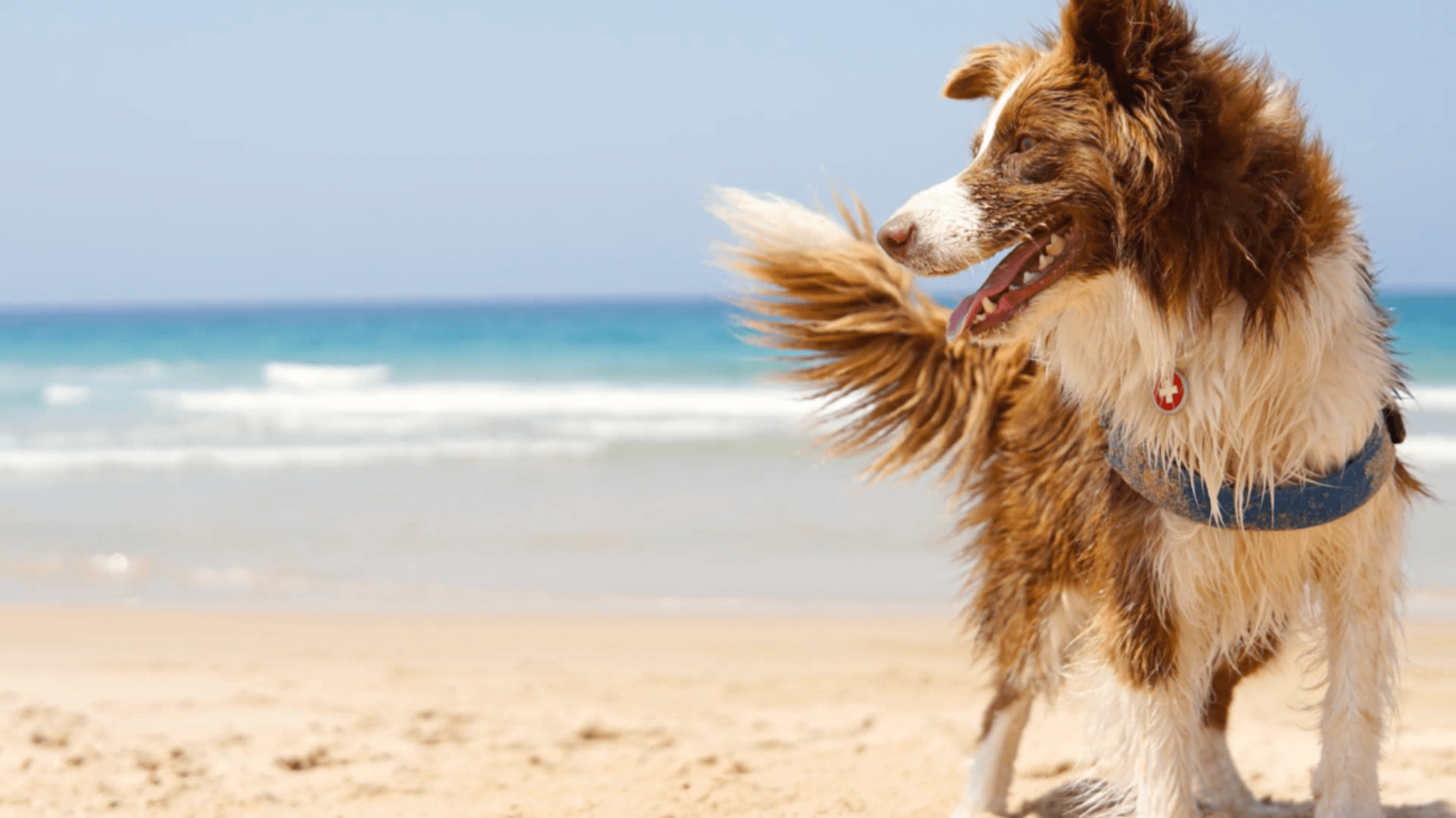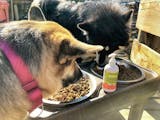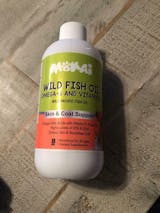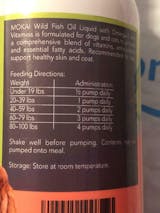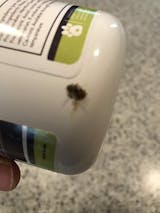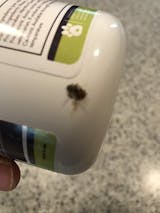Noses are one of the most important parts of dogs’ anatomy. Our pouches use their sense of smell to understand the world on their own terms. Why are dogs noses wet? They have more than 100 million sensory receptor sites in their nasal cavities, while we humans only have 6 million, which explains their outstanding sense of smell. As a result, their noses need to work perfectly in order to boost their life experience.
Why are dogs' noses wet? How do they work?
As pet-parents, you must probably be familiar with the cold damp noses of your pups. But, why are our dog’s noses wet most of the time?
It’s simple. In order to work properly, a dog’s nose needs lubrication, because this way, the particles in the air stick to their nose surface, making it easy for them to smell in the distance. Thus, there is a popular belief out there that states that a wet nose is a synonym of good health, and a dry nose, sign of poor health. However, that’s not entirely true.
A nose can be wet due to many reasons:
-
Mucus secretion: Dogs’ noses are constantly secreting tiny layers of clear mucus, which may sound a bit gross, but it’s very helpful instead. This layer eases the absorption of scent chemicals, which improves dogs’ ability to smell. Naturally, if mucus has a strange odor and color, it can be an indicator of an infection.
-
Compulsive licking: This is a very normal behavior many dogs have. Since environmental particles tend to stick to their nostrils, pups lick their noses in order to keep the area clean and moist.
-
Regulation of their body’s temperature: Dogs can’t sweat through their skin, so they do it through their paws and through panting. Besides, by keeping their noses wet they create a cooling effect, which helps them cool off during a hot day.
What if my dog’s nose is dry?
Depending on the situation, a dry nose can indicator of a health issue. However, when a dog’s nose is dry, it doesn’t necessarily mean that the dog is sick.

Why are dogs noses wet? Every dog is unique and, therefore, not all dogs share the same features. The wetness of a dog’s nose can vary throughout the day (depending on the temperature, humidity, wind, etc.) and some dogs experience more wetness than others. This does not mean that your dog is sick or that’s something is wrong. On the contrary, a dog can have a perfectly wet noise and still be sick.
When it comes to wet and dry noises, the only thing you should pay specific attention to is the type of discharge your dog is dislodging. If your dog’s mucus is yellowed, has a bad odor, or pus, it can indicate a fungal or bacterial infection, and you should take him to the vet for a close follow-up.





